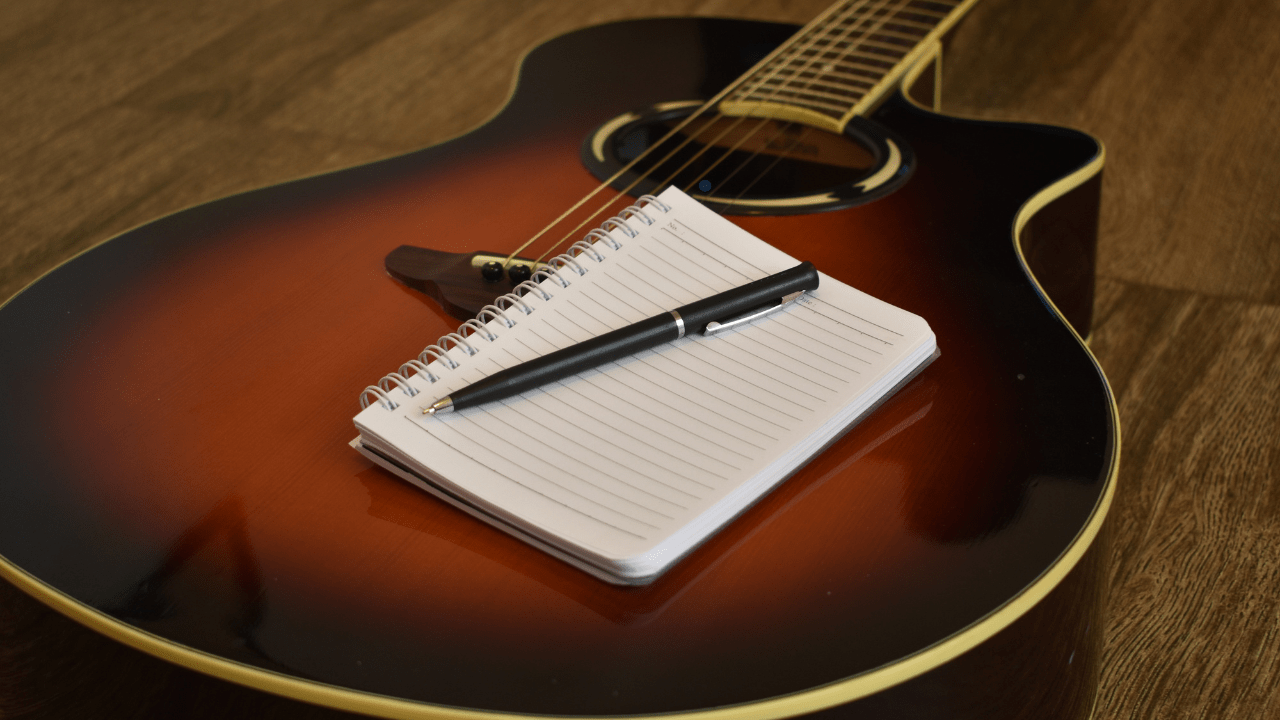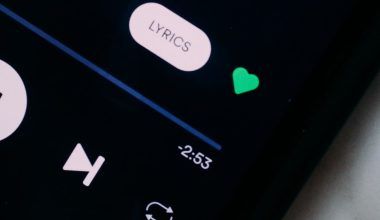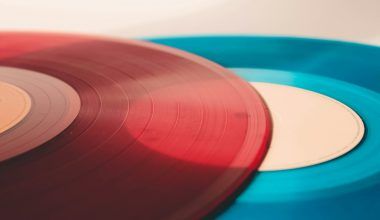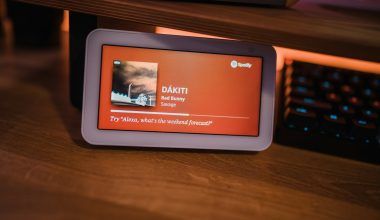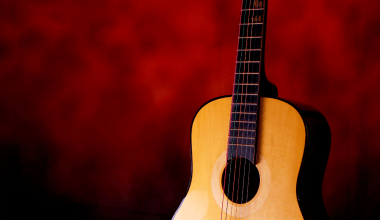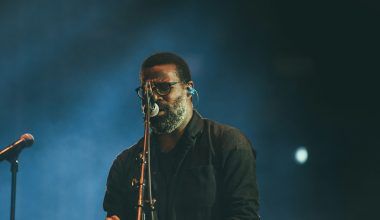Music has always been an evolving art form, and technological advancements have consistently played a vital role in shaping its trajectory. From analog to digital recording and now to artificial intelligence, the evolution continues. Among the most exciting innovations in the music industry today is the advent of the AI songwriter.
AI-powered songwriting tools are not just assisting musicians but are also opening new doors for creativity. These tools are capable of generating melodies, lyrics, harmonies, and even full compositions. But how exactly does an AI songwriter work? And what does it mean for the future of music?
This blog dives deep into the world of AI songwriters, exploring their capabilities, impact, and potential. Whether you’re an aspiring musician, a producer, or just someone curious about technology’s impact on music, this comprehensive guide will answer all your questions.
What is an AI Songwriter?
An AI songwriter is a tool or software that uses artificial intelligence to create music. By analyzing vast amounts of existing data, these AI systems learn patterns, structures, and elements that define music. This allows them to craft unique melodies, write lyrics, and even produce complete songs.
The concept may sound futuristic, but AI songwriting is already here. Platforms like OpenAI’s Jukebox, Amper Music, and AIVA (Artificial Intelligence Virtual Artist) are transforming how songs are created. These tools are being used by amateur creators, professional musicians, and even major record labels.
How Do AI Songwriters Work?
AI songwriters rely on machine learning, a subset of artificial intelligence. Here’s a breakdown of how they operate:
- Data Collection: AI systems analyze thousands or even millions of songs to learn musical patterns, chord progressions, and lyrical themes.
- Pattern Recognition: By identifying recurring trends in the data, AI tools learn what makes a song appealing, catchy, or emotional.
- Creative Output: Once trained, the AI generates original compositions or lyrics based on user inputs like mood, genre, or key phrases.
- User Collaboration: Many AI songwriting platforms allow users to tweak the results, blending human creativity with machine-generated ideas.
For example, if you’re looking to write a pop ballad, you can input keywords, and the AI songwriter will craft lyrics and melodies tailored to that style.
The Benefits of Using an AI Songwriter
- Time-Saving: Songwriting can be a time-intensive process. With AI, creators can generate ideas or even full compositions in minutes.
- Accessibility: AI tools democratize music creation. You don’t need to be an expert musician to produce a song; all you need is an idea.
- Inspiration: For many artists, writer’s block is a real challenge. AI songwriters can spark new ideas, helping creators overcome creative hurdles.
- Customization: Many AI platforms offer advanced customization options, allowing users to specify genres, moods, and even instruments.
- Cost-Effective: Hiring professional songwriters or producers can be expensive. AI tools provide a budget-friendly alternative for aspiring artists.
Challenges and Concerns with AI Songwriters
While the benefits are impressive, AI songwriting also comes with challenges:
- Originality: Critics argue that AI-generated music lacks the emotional depth and originality of human-created songs.
- Copyright Issues: Since AI learns from existing music, questions arise about potential copyright infringement.
- Job Displacement: As AI becomes more capable, some worry it could replace human songwriters, affecting employment in the industry.
- Ethics: Who owns the rights to AI-generated music? The user? The developer? This remains a gray area in the legal landscape.
Despite these challenges, the adoption of AI songwriters continues to grow, driven by their undeniable potential.
AI Songwriters in Action: Real-World Examples
- Amper Music: Used by filmmakers and content creators, Amper generates custom music based on user preferences.
- AIVA: This AI specializes in composing classical and cinematic music and has even been recognized as a composer in copyright law.
- OpenAI’s Jukebox: A powerful tool capable of generating music in various genres, complete with lyrics and vocals.
- Endlesss: This app combines AI with user input for collaborative songwriting, making it a favorite among hobbyists.
These tools highlight the versatility of AI songwriters, catering to diverse creative needs.
How AI Songwriters are Transforming the Music Industry
- Enhanced Productivity: With AI handling repetitive tasks, musicians can focus on creative aspects like performance and storytelling.
- New Genres and Styles: AI is helping artists experiment with unconventional combinations, leading to the birth of new musical styles.
- Global Collaboration: AI enables musicians from different parts of the world to collaborate seamlessly, transcending language and cultural barriers.
- Emerging Talent: AI tools empower non-musicians to create and share music, introducing fresh voices to the industry.
The Future of AI Songwriters
As technology advances, AI songwriters will only become more sophisticated. Here’s what the future might hold:
- Improved Personalization: AI systems will better understand user preferences, delivering hyper-customized compositions.
- Real-Time Collaboration: Imagine performing live while an AI adapts the music in real-time based on audience reactions.
- Ethical Frameworks: As AI’s role in music grows, clearer guidelines and laws will emerge to address copyright and ownership issues.
- Integration with Other Technologies: From virtual reality to blockchain, AI songwriters will integrate with cutting-edge tools to enhance music experiences.
Can AI Songwriters Replace Human Creativity?
This is a hotly debated question. While AI can mimic and even innovate, it lacks human emotions and lived experiences—elements that make music truly impactful. Rather than replacing human songwriters, AI is best viewed as a tool to augment creativity.
Conclusion:
The rise of the AI songwriter is not about replacing musicians but empowering them. These tools offer exciting possibilities for creativity, accessibility, and innovation. Whether you’re a seasoned professional or a newcomer, AI songwriting tools can help bring your musical ideas to life.
As we move forward, the key will be finding the right balance between human artistry and machine intelligence. By doing so, we can ensure that music remains a deeply personal and universal language, enhanced—but not overshadowed—by technology.
Related Articles:
For further reading, explore these related articles:
- AI in the Music Industry: Revolutionizing Creativity and Production
- How will AI change the future of the music industry?
- Music Publishing Made Easy: Learn How to Get Paid for Your Songs
For additional resources on music marketing and distribution, visit Deliver My Tune.
